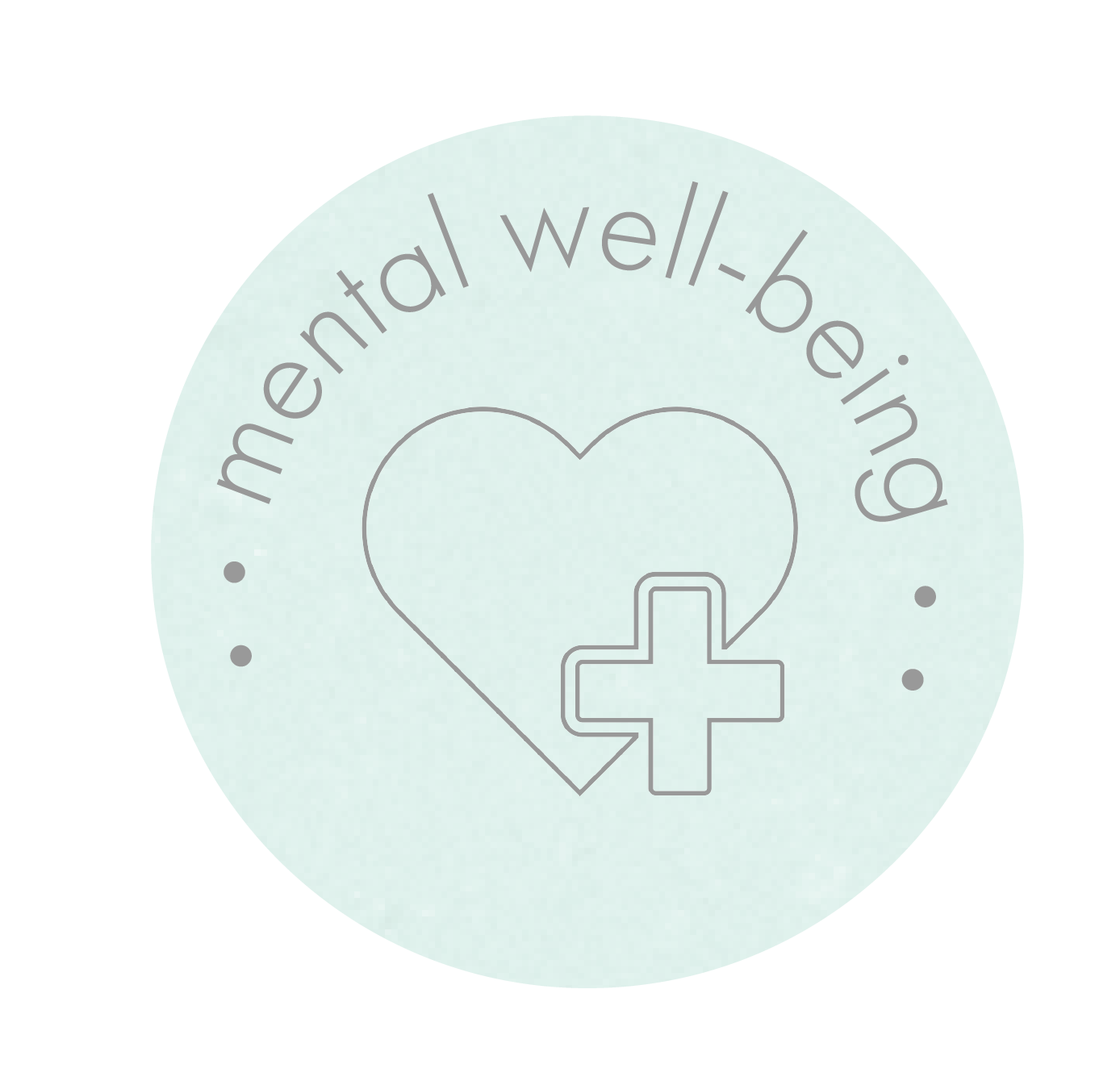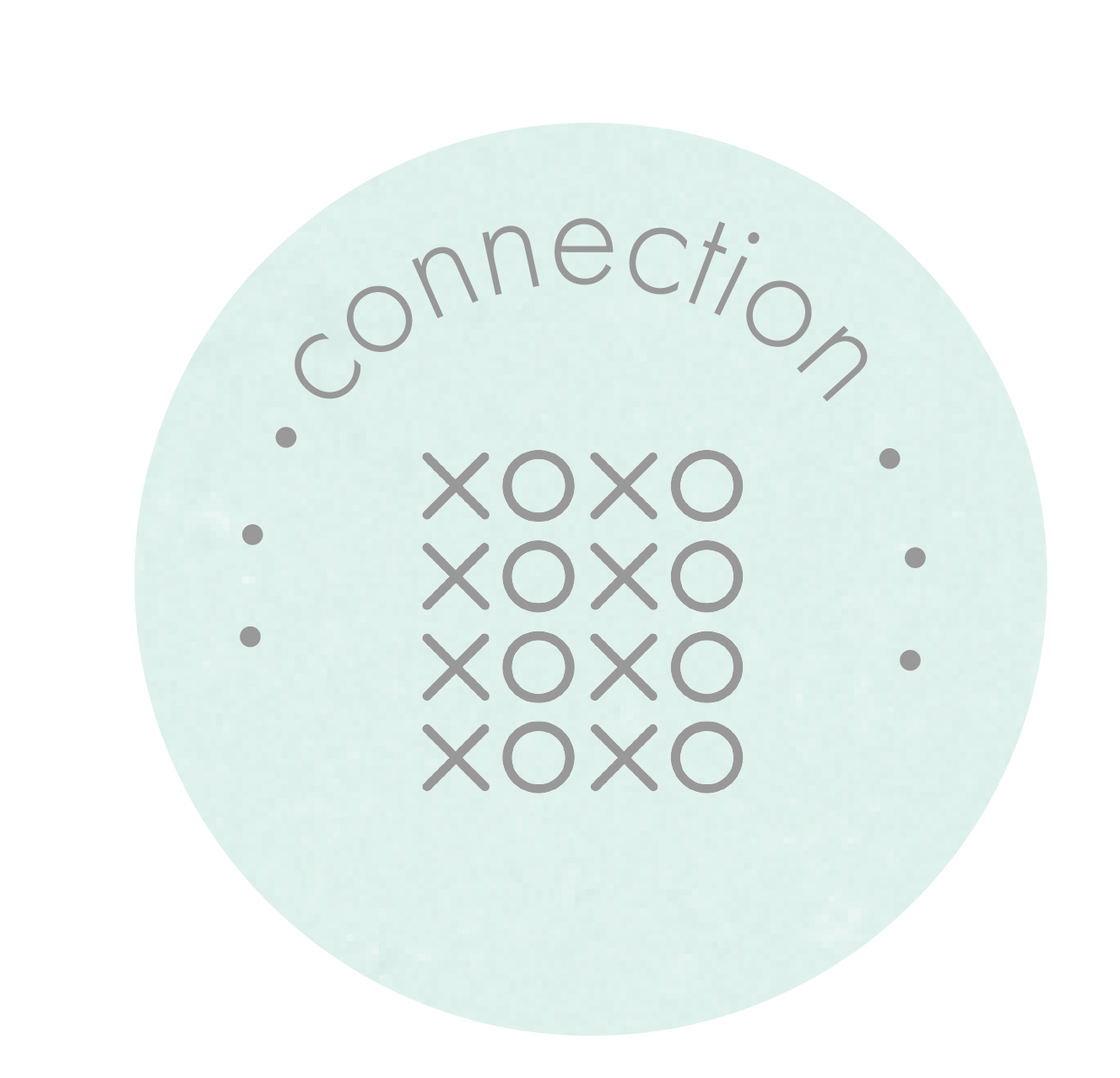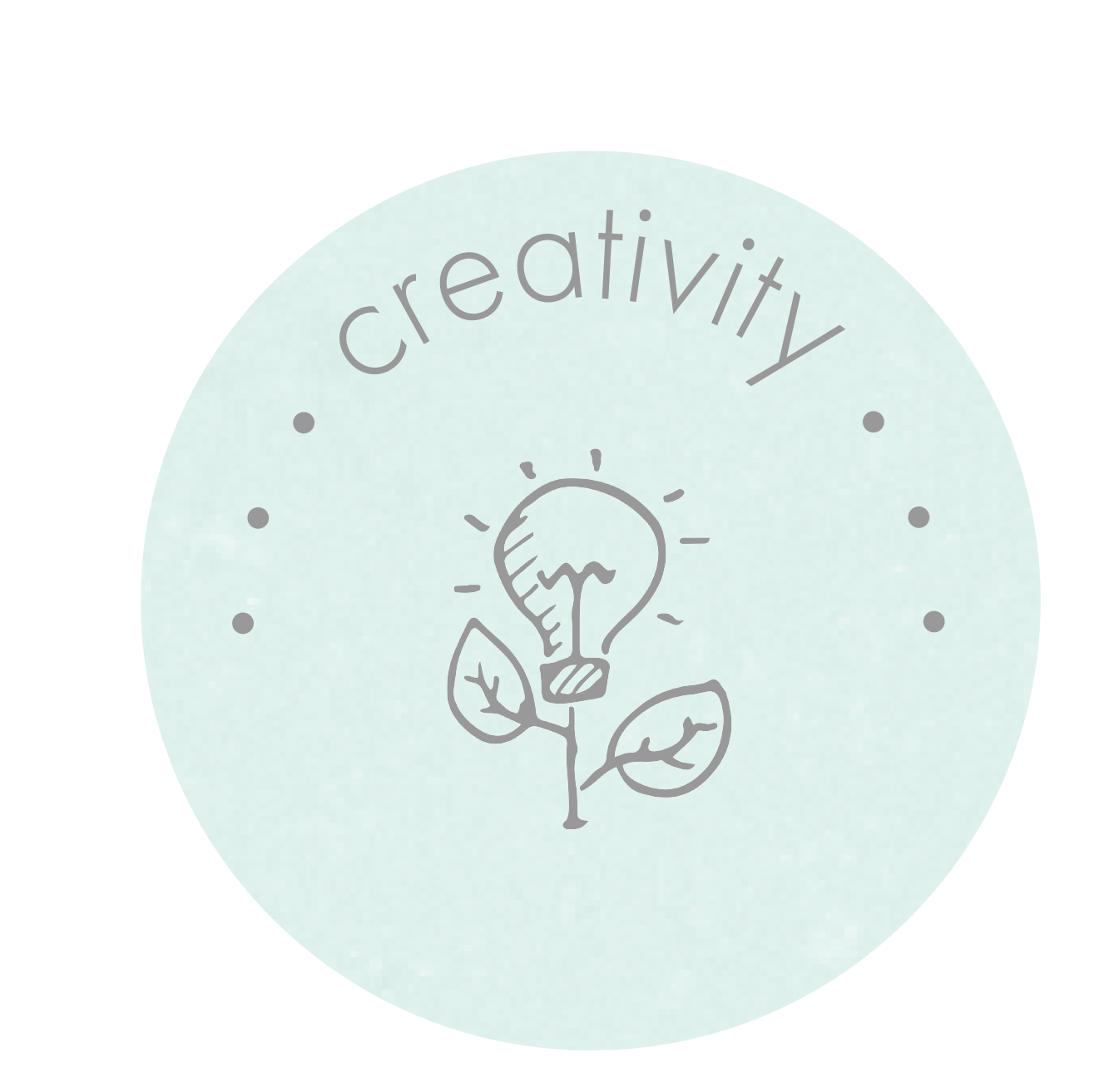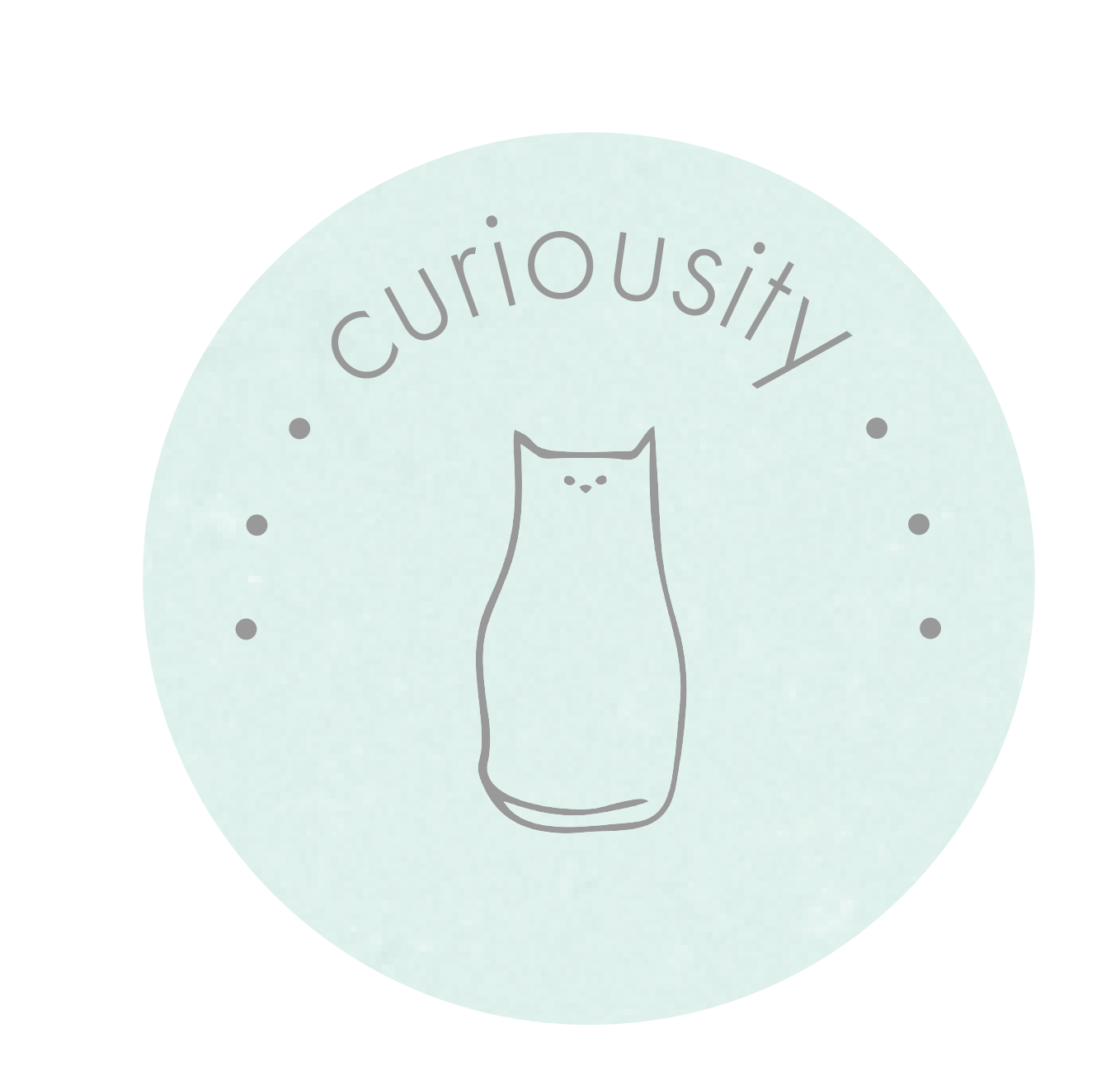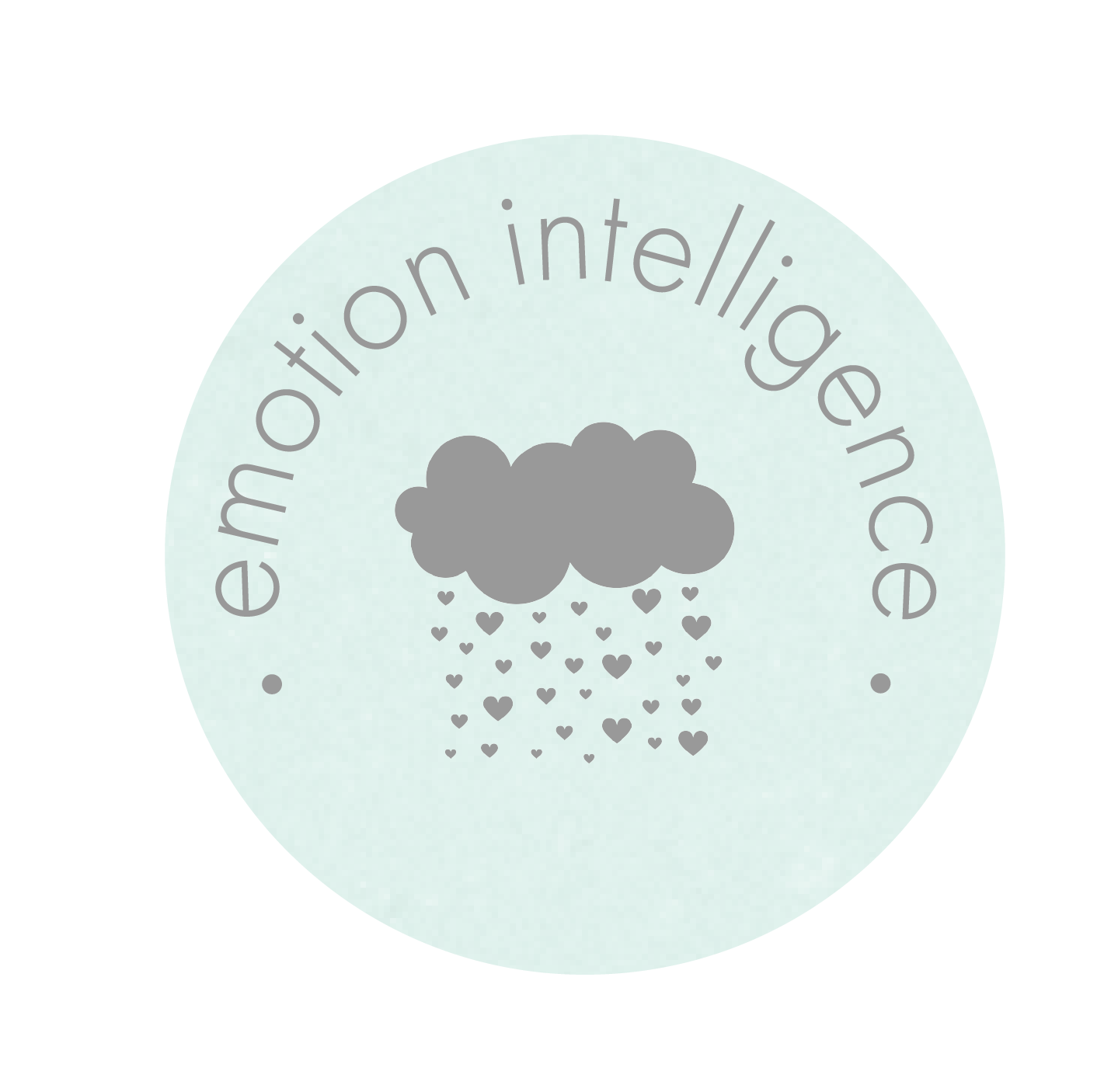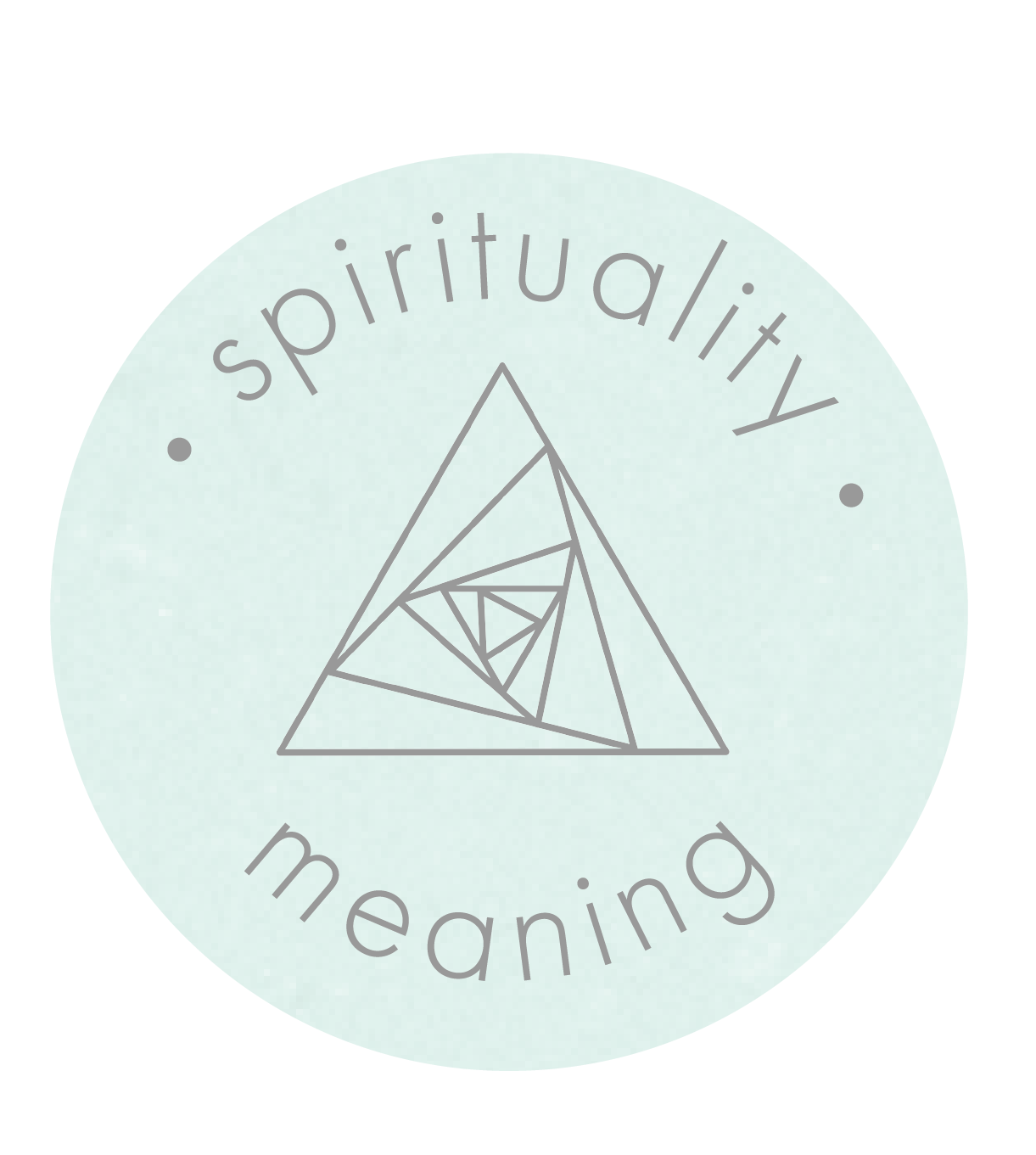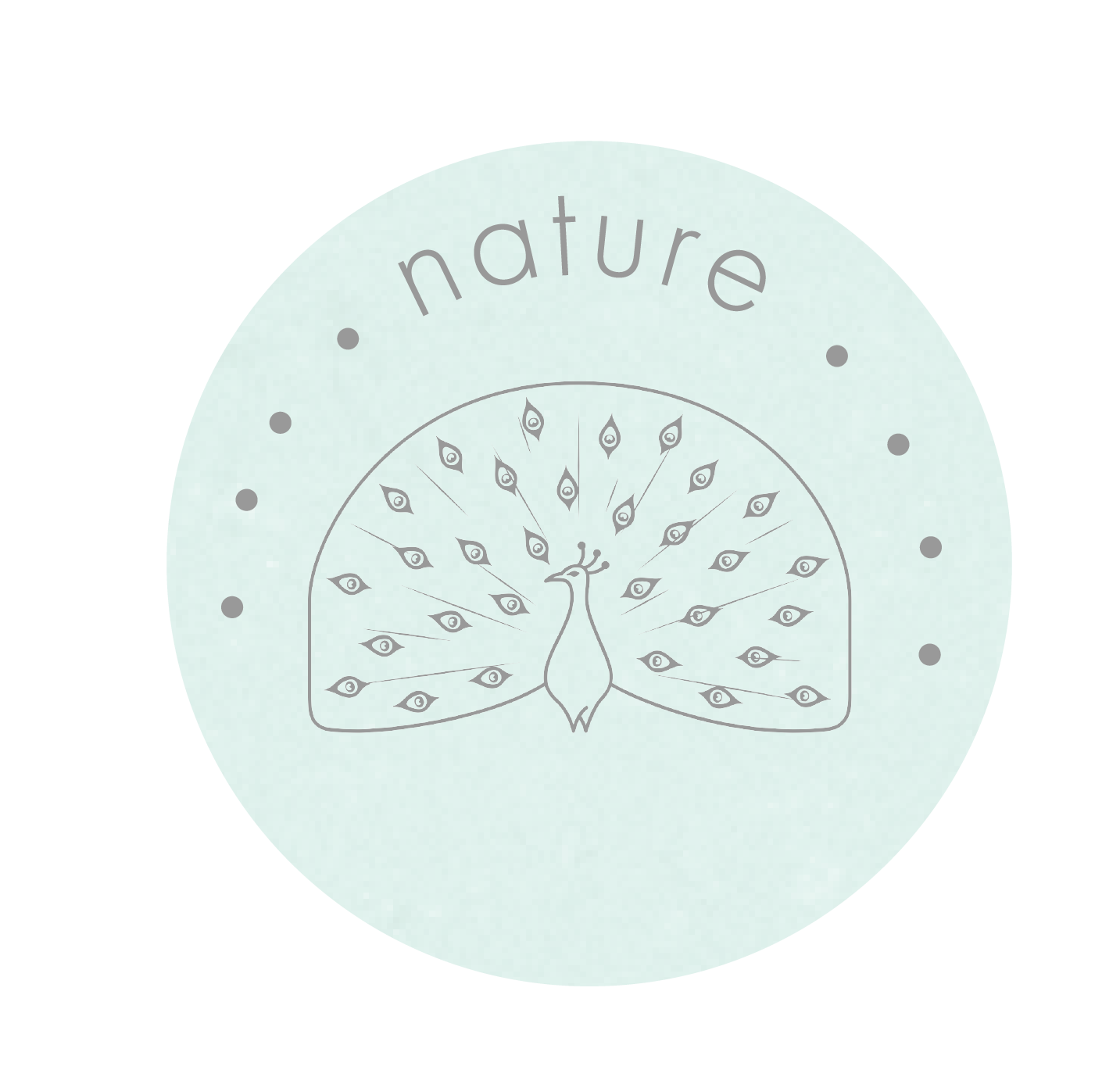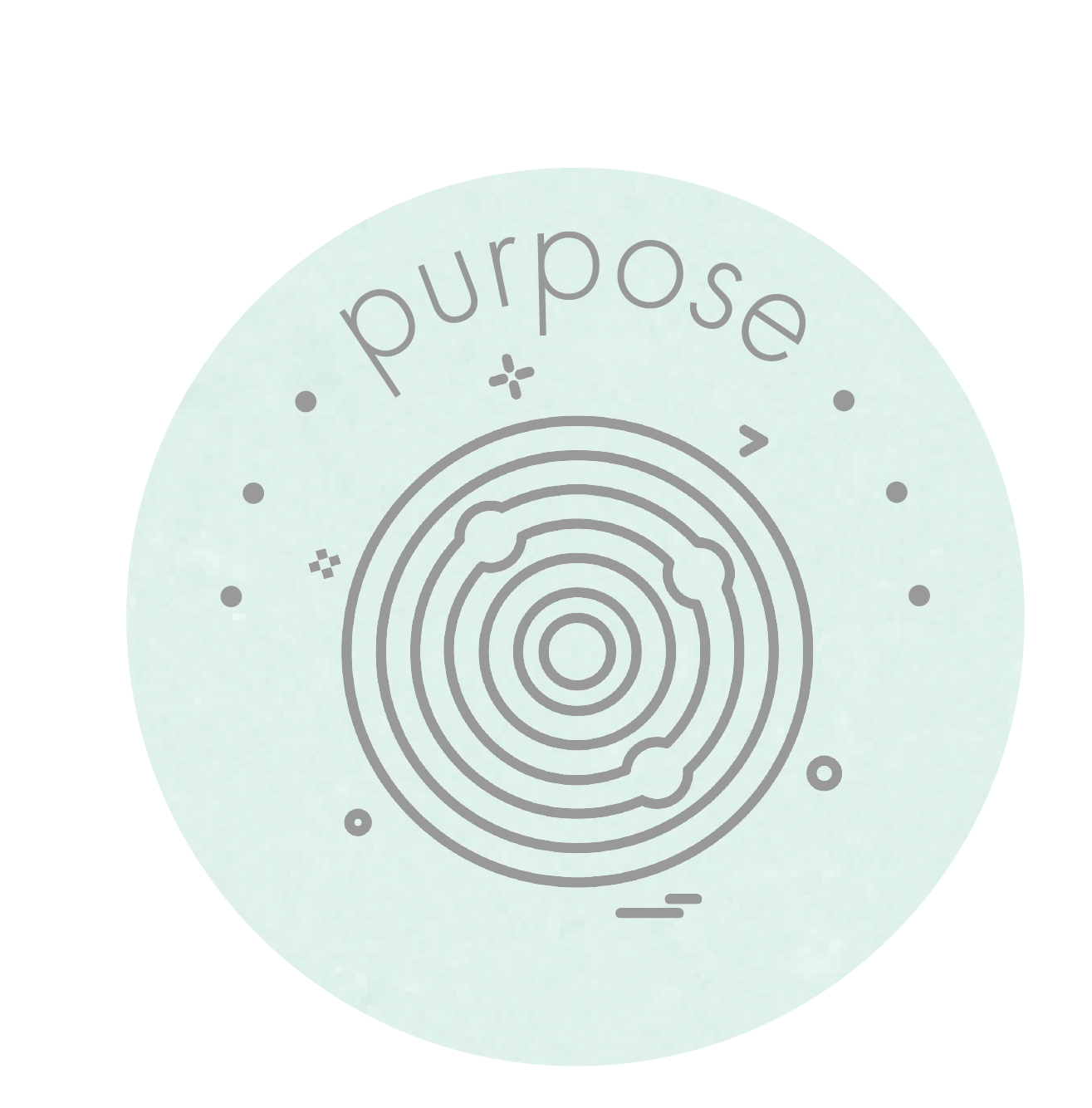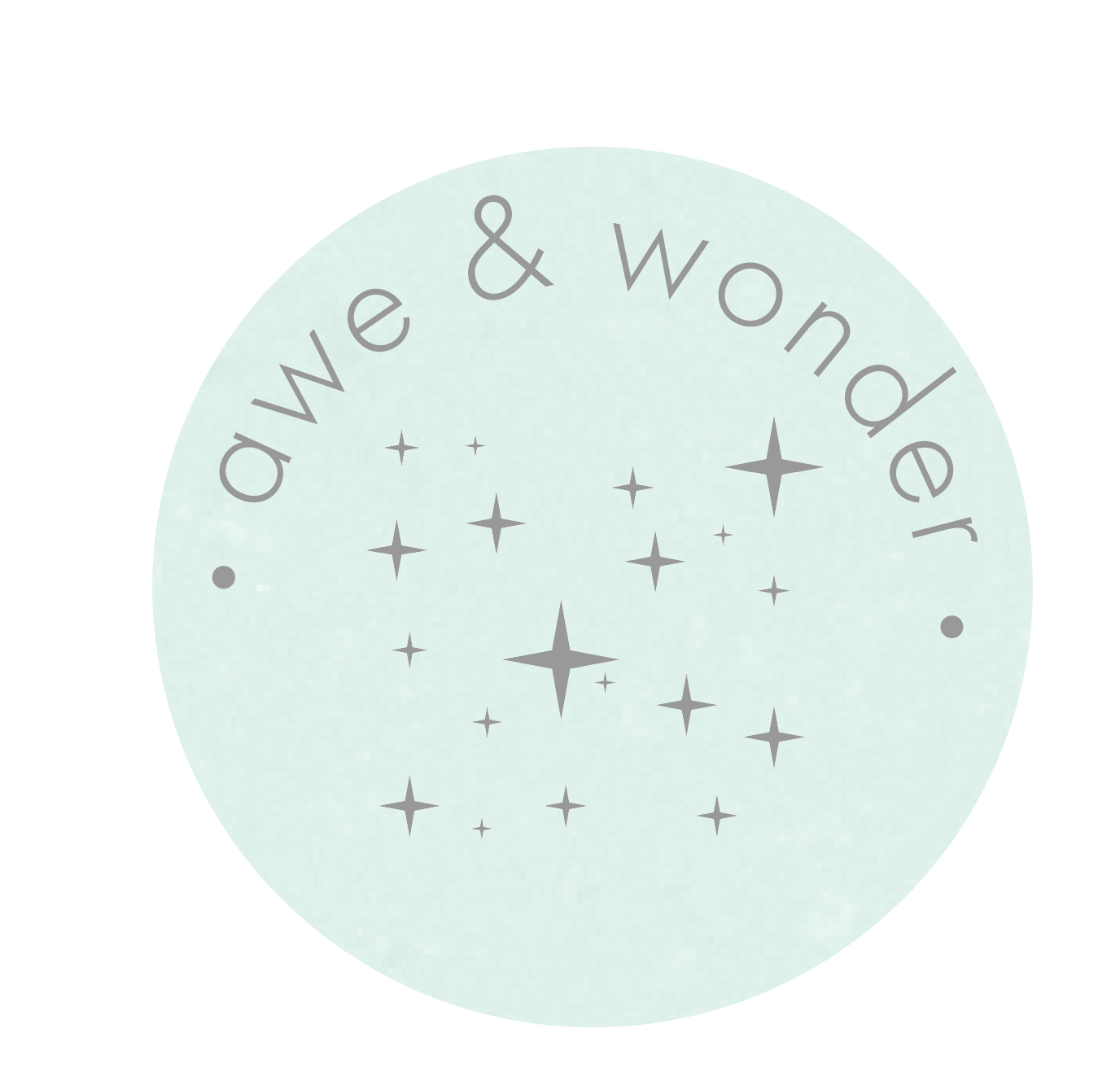The Categories
We are learning that we know very little about how our minds function. And we’re also learning at the same time a huge amount about how our minds function. That doesn’t quite make sense does it? But really what’s starting to happen is that we’re beginning to see the gaps in our understanding as we’re incrementally filling the spaces around those gaps.
We’re nowhere near where we need or want to be with our treatments and diagnoses of our mental wellbeing, but there’s an increasing amount of information that indicates that who we are and how we can best function is situated within a complicated, and highly individualist, web of situational, environmental, social, and physical aspects, plus let’s throw epigenetics in here now.
With that in mind, If Lost Starts Here takes an expansive view about how to approach our mental wellbeing. Each place or initiative can be fitted into one of the following categories which we’ll indicate on each post:
Anxiety and depression are rapidly rising in the UK, and our ability to talk about and treat these conditions is shifting. There’s DIY art therapy, frazzle cafes, people to walk with and grow food with; all ideas that are non-stigmatising, that bring people out of their heads and let them connect with others who share their experience.
British author Ruth Whippman argues in her book America the Anxious that the most important idea for combating modern ills is connection. She claims that ‘the most significant and most reliable source of happiness for human beings is our relationships with other people: friends, family and the wider community. Our happiness, or lack of it, is almost entirely dependent on the quantity and quality of our social connections.’ That’s a huge shift in emphasis for how we live or aim to live our lives.
The focus here is simple, how to be in contact with other people. It seems so blindingly obvious but we’ve lost contact with this idea. We now spend an absurdly small amount of time with actual real people and we’re suffering because of that. These initiatives are all about ways we can connect with each other, whether that’s dropping into a pop-up dinner and spending an evening with others, or a weekend in a Cornish Estate meeting like-minded individuals and boogying under mirror balls in the trees.
There’s connection – getting to spend time with other people – and there’s community – getting to spend time with the same people. We know we’re loosing this too. That our communities are fragmenting, that there are now distances between us caused by moving for work, or long hours at our computer screens, or just having our energy sapped by day-to-day living. We’re not getting the opportunities, or giving ourselves them, to show up in our communities anymore. But have you wondered why you love coffee shops – it’s often not the coffee. It’s being around other people, just brushing against them. And those Third Spaces, those bits between home and work, are popping up and getting our attention. Whether that’s an actual place near home that we go to again and again, or a pub that grabs our attention and time beyond the microbrews on offer.
There’s an explosion of interest around creativity and all the quite brilliant things creativity can do for your everyday life and personal wellbeing. And it’s now easier than ever to participate in creative communities and environments, as well as to get yourself making and doing. This could be in the form of a monthly talk where you get insight into what inspiring creatives are doing (and meet other creatives over free croissants and beer – though not at the same event / time); or a new place that reimagines what galleries can offer the public and how you can participate in the art world; or a network of people making something that gets them thinking about how their brains work; or a poet who uses her own craft to cure. Creativity isn’t just for the arts professionals, its for everyone.
Curiosity is a profoundly wonderful thing, but sustaining an engagement with the world of ideas and keeping a life-long interest around learning can be tricky. Places now exist to spark our imaginations, to inspire and teach, and to above all encourage our curiosity. We need to keep ideas alive and meaningful in our own life, at whatever stage we might be in.
There’s a twin approach to being a person in the world – one side looks out, to how you can connect, be part of a community, find purpose beyond yourself; the other goes inward to who you are and how you function. Here’s that emotional resilience bit, the part we’re now getting in school, but if you’re a grown-up you might have missed that piece. Places like the Empathy Museum, The School of Life and Street Wisdom have us on catch-up about those social and emotional intelligence skills.
Happiness is a term that is much derided, but it’s a serious business to get to a place of being, well, umm, you know, happy. With the burst of interest in positive psychology, and an abundance of support now for self-care and self-actualisation and all those other self-thingy’s, this category is all about those shiny in an innovative way places that can get us to our happy place. Table your natural cynicism and surrender yourself to the joy bit.
This category is all about the search for meaning. We’re finding that identifying with something beyond yourself can bring perspective and meaning into your life. We’re not talking about traditional church though- this is all about the non-secular ways we can connect to something greater. We’re finding the places, maybe a Sunday Assembly of a different kind or a forest bath in a local park or some place to get outside yourself and feel – in a good way – small. This is all about bringing back that sense of awe and scale.
As if life isn’t complicated enough—relationships, family, work, meaning—the whole upheaval of technology, social media, rapid social change also now get thrown in. If you are, like us, feeling lost amongst all those shifts, there are ways to reorientate yourself, whether that’s by getting back to basics, slowing down, or untethering yourself from tech and residing in the analogue life for a while.
This could also be labelled “distraction sickness”, writer Andrew Solomon’s wonderful term for this.
We now know that just looking at pictures of nature can help us feel good. Getting into nature as often as possible is key to our wellbeing, but somehow we’re not yet doing that. We’re lost in our minds, or our urban/suburban spaces. We no longer integrate green and blue places into our everyday lives. This section is about raising our relationship to nature up the agenda; making it something vital to us again.
When things go wrong in our heads or in our lives, we tend to prioritise an individual, private, and removed from the world way of dealing with it. But what can actually help us the most is getting outside of ourselves and helping others. When we give back, it does wonderful things to our minds and emotional health. When we raise other people on our personal agendas, we start to feel better. Doing good, does us good.
We spend an enormous amount of time at work, and yet many of us have very complicated relationships with the way we earn our keep. That’s not helped by shifts in what we can expect from a job: we move around tons in our professional lives and no longer have the stability of jobs for life, our expectations around work have skyrocketed, there’s a pressure on us to find ‘the one’ career in the same way we need to find ‘the one’ person, and the work-economy is shifting at a fast and furious pace, rendering some jobs obsolete and bringing in whole new sectors. How to deal with the shifting carpet tiles of the work-place? New co-working spaces and teaching institutions are helping us rethink our messy relationship with our working lives.
Experiences of awe and wonder can provide a corrective to the everyday challenges that we all face. According to Dacher Keltner at Berkeley’s Greater Good Science Center who led a multi-year research project on the universality of awe, its effects are wide-ranging. Our experience of awe has many pro-social impacts, like community integration and improvements in physical health (it’s the only emotion that has been found to reduce inflammation), impacting our curiosity and sense of purpose, and awakening our mind, taking us from self-interest to a collective one. In this category, we’re looking for those places that help us build awe in our everyday lives.
Exercise your body, exercise your mind. Moving releases stress, improves sleep, helps your overall mood, decreases tension, improves self-esteem and combats anxiety and depression. We’ve traditionally separated the mind/body, but now we’re realizing the importance of rebalancing the connection and hierarchy between the two.
Our cultural institutions already offer the possibilities for creating spaces for personal as much as social change. This category teases out how the two – our mental wellbeing and our cultural spaces - might work differently together. It asks how as visitors we might also shift our role, our way of engaging, even our why for showing up at museums, galleries and other types of arts venues in the first place. If you feel lost, lonely, depressed, even anxious, would this be the first place you would come? Maybe not, but maybe it could be?
With all the above to think about, what else could you possibly need? Well, sometimes we need to find those places that don’t just help us get through the generic blah but help us get through the specific blah. You know those situations that some of us find ourselves in - like divorce, aging, addiction, bereavement, you know the stark adults bits. The events rather than just the conditions of someone’s life. The universals that we all have to deal with on a a personal basis, the life confusions and challenges that we often pathogise rather than acknowledge and work through.
Wow, that’s a lot (isn’t it?) but maybe we’re still missing some categories. If there’s an area that’s pressing that you think we should cover, let us know in the comments or by email, and we’ll find a way to bring it in. Remember we’re just getting started to and will add to this list as we get going.


